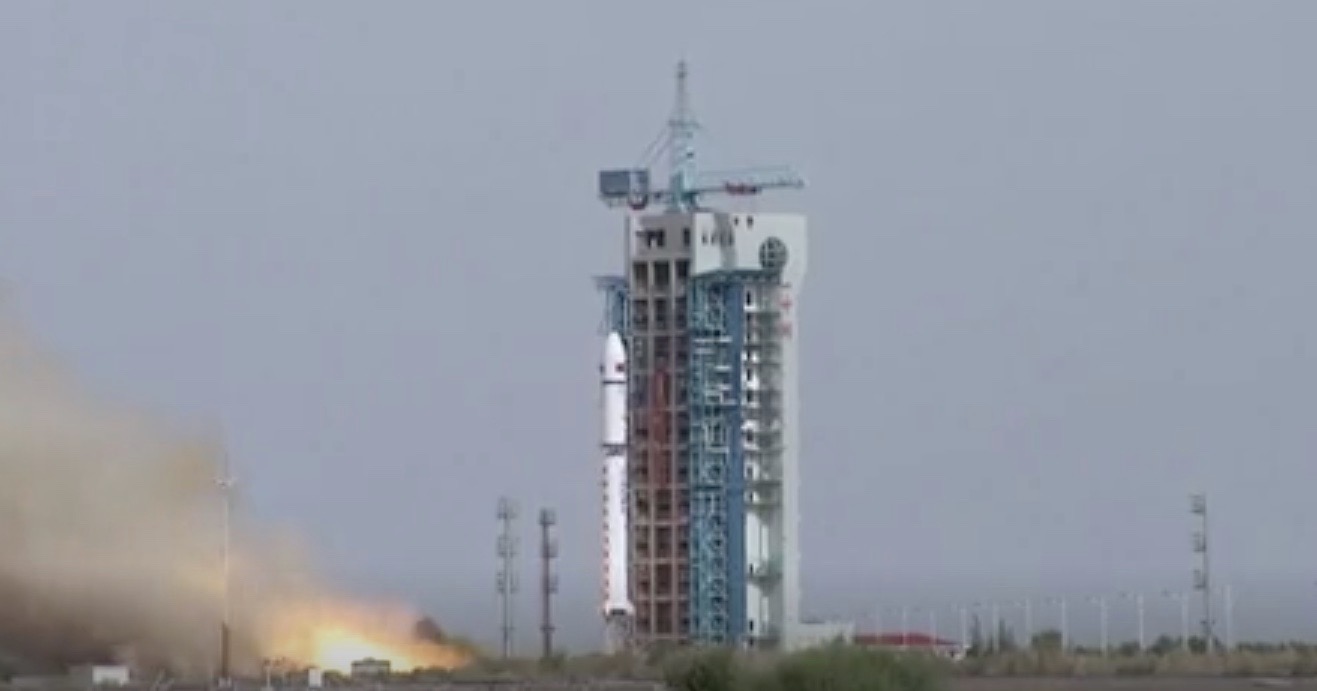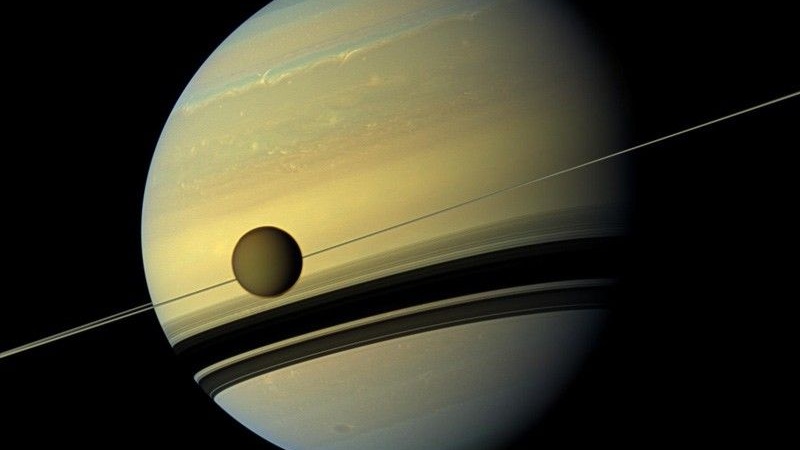China launches 2 rockets in 2 days, lofting 4 satellites to orbit
SpaceX's first astronaut launch wasn't the only spaceflight action last weekend.
Breaking space news, the latest updates on rocket launches, skywatching events and more!
You are now subscribed
Your newsletter sign-up was successful
Want to add more newsletters?

Delivered daily
Daily Newsletter
Breaking space news, the latest updates on rocket launches, skywatching events and more!

Once a month
Watch This Space
Sign up to our monthly entertainment newsletter to keep up with all our coverage of the latest sci-fi and space movies, tv shows, games and books.

Once a week
Night Sky This Week
Discover this week's must-see night sky events, moon phases, and stunning astrophotos. Sign up for our skywatching newsletter and explore the universe with us!

Twice a month
Strange New Words
Space.com's Sci-Fi Reader's Club. Read a sci-fi short story every month and join a virtual community of fellow science fiction fans!
While NASA and SpaceX were busy supporting the historic Demo-2 mission from Florida last weekend — the first crewed orbital flight from the U.S. in nearly a decade — the Chinese were making space strides of their own.
China once again picked up the pace of its launches with two successful rocket flights back to back, around the same time that Demo-2 blasted off toward the International Space Station on May 30.
China first launched two new technology-demonstrating satellites at 4:13 a.m. Beijing time on May 30 (4:13 p.m. EDT, or 2013 GMT, on May 29).
Related: Latest news about China's space program
The satellites soared successfully into space aboard a Long March-11 rocket, which launched from southwest China, according to Chinese state media outlet CCTV.
"Peng Kunya, a chief designer of the Long March-11, said that it was the first time that the Long March-11 was launched from the Xichang Satellite Launch Center, proving its adaptability to different launch sites," CCTV said in its report.
Barely 36 hours later, China sent another satellite duo aloft from the country's northwest region. A Long March-2D rocket blasted off from the Jiuquan Satellite Launch Center on May 31 at 4:53 p.m. Beijing time (4:53 a.m. EDT or 0853 GMT).
Breaking space news, the latest updates on rocket launches, skywatching events and more!
One of the satellites on the Jiuquan launch was Gaofen-9. The civilian remote-sensing satellite can take photographs with a resolution of roughly 3.3 feet (1 meter), said state-sponsored media outlet Xinhua. "It will be used in land surveys, urban planning, road network design and crop yield estimates, as well as disaster relief," Xinhua stated.
Beijing-based HEAD Aerospace Technology Co. Ltd. created the other satellite, called HEAD-4. The satellite is designed to support the Internet of Things (IoT), which allows connected devices to send and receive information from orbit. HEAD-4's IoT service will also be used on ships and aircraft, Xinhua reported.
China was on a tear for much of late 2019, sometimes launching rockets mere hours apart at different space centers. The pace of spaceflight slowed in early 2020 when the novel coronavirus pandemic emerged.
Since February, however, China resumed some spaceflight activities with physical distancing protocols. Earlier in May, China launched two other satellites to support IoT services.
- Russia and China are teaming up to explore the moon
- Chinese Kuaizhou-1A rocket launches 2 satellites for the 'Internet of Things'
- Photos from the moon's far side! China's Chang'e 4 lunar landing in pictures
Follow Elizabeth Howell on Twitter @howellspace. Follow us on Twitter @Spacedotcom and on Facebook.
OFFER: Save 45% on 'All About Space' 'How it Works' and 'All About History'!
For a limited time, you can take out a digital subscription to any of our best-selling science magazines for just $2.38 per month, or 45% off the standard price for the first three months.

Elizabeth Howell (she/her), Ph.D., was a staff writer in the spaceflight channel between 2022 and 2024 specializing in Canadian space news. She was contributing writer for Space.com for 10 years from 2012 to 2024. Elizabeth's reporting includes multiple exclusives with the White House, leading world coverage about a lost-and-found space tomato on the International Space Station, witnessing five human spaceflight launches on two continents, flying parabolic, working inside a spacesuit, and participating in a simulated Mars mission. Her latest book, "Why Am I Taller?" (ECW Press, 2022) is co-written with astronaut Dave Williams.


